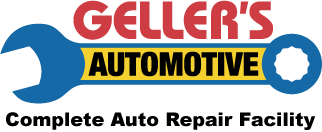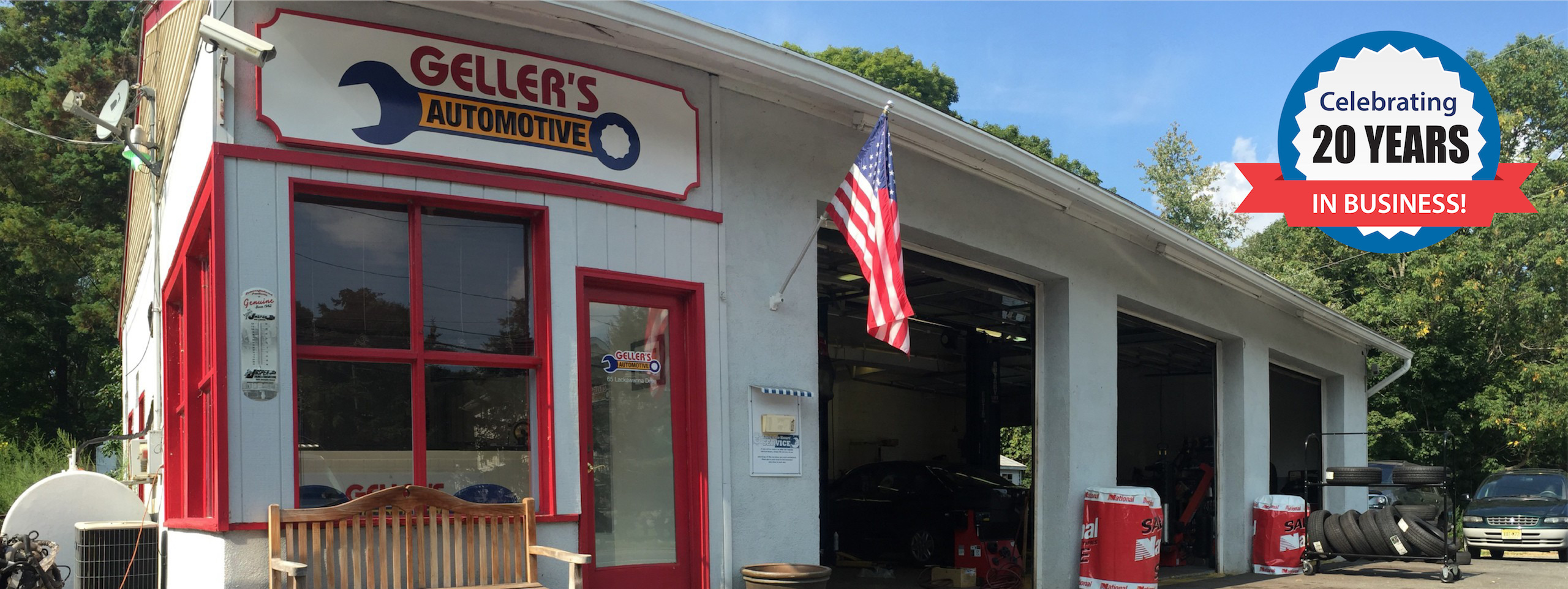
Imagine what it was like riding in Henry Ford’s Model T car back in the early twentieth century. Not only were asphalt or paved roads non-existent, but the early automobiles lacked the sophisticated suspension systems that we take for granted in our vehicles today. No doubt that every ride in the Model T was a tad bit bumpy and adventurous!
Over the last 100 years, automobile suspension systems have evolved to an integrated set of components that provide our vehicles with stability, driving performance, and comfort.
Let’s briefly examine the basics of suspension and review some of the more common problems that the suspension system can experience.
The Basics of a Suspension System
Your vehicle’s suspension system is a set of components that work together to absorb the shock and friction of the road during driving. When you consider your vehicle on the road moving at a high rate of speed and you hit a bump, the suspension system is what prevents that shock of a bump from affecting the frame of the vehicle and ultimately, the occupants. The suspension system also maintains the stability of the vehicle when cornering or turning. Without a proper suspension system, our tires (which are the only part of the car that touches the ground), would not be able to stay firmly connected to the road.
Vehicle suspension systems are primarily made up of springs and dampers.
These springs and dampers are connected to your vehicle’s tires or throughout your vehicle’s chassis (i.e. frame) or steering system. Each of these components play different roles in managing your vehicle’s suspension.
- Springs: Springs support the overall weight of your vehicle, and also absorb the shock from the different road surfaces during driving.
- Dampers: Dampers, like shock absorbers or struts, control the upward/downward and side to side movement of the vehicle when it encounters bumps or rough surfaces.
There’s much more to a vehicle’s suspension system, but the key components of springs and dampers are a big reason for issues when your suspension system is not operating effectively.
Common Suspension Problems
In some cases, identifying a potential suspension problem through the signs and sounds of our vehicle is easier than pinpointing the source of the problem. There are telltale signals and sounds that alert us to potential suspension problems. If you pay attention to these warning signals and address them sooner than later, you will be able to maintain a healthy suspension system and avoid costly repairs.
The most common suspension system problems include:
| Problem(s) | Signals or Sounds |
|---|---|
| Shocks or Struts Damaged or worn shock absorbers or struts Leaking shock absorbers | Rough or bumpy ride Substantial bouncing when breaking or driving over bumps Vehicle “nose dives” or leans forward when braking Vehicle “rolls” side-to-side when turning or cornering Vehicle leans backwards during acceleration |
| Springs Damaged or worn spring Over-compressed spring due to a damaged or leaking shock absorber | One corner of the vehicle sits lower than the others Clunking sound going over bumps on the road |
| Tires Poor wheel alignment Uneven tire pressure | Vehicle pulls to one direction while driving Uneven wear on tire treads |
Of course, having a trained professional inspect your vehicle’s suspension system is critical to locating and addressing any potential issues.
You can maintain some aspects of your vehicle’s suspension system by:
- avoiding large pot holes and rough surfaces as much as possible.
- keeping your tires properly inflated and,
- getting a wheel alignment periodically can help to avoid problems with your suspension.
If you think that you might have a problem with your suspension and you have witnessed some telltale signs, get your vehicle into a service professional as soon as possible. Avoiding suspension issues will not correct them, and they will only result in increased problems such as gas mileage, worn tires, and overall performance and safety issues. Contact Geller’s Automotive today for an appointment to inspect your suspension system.



